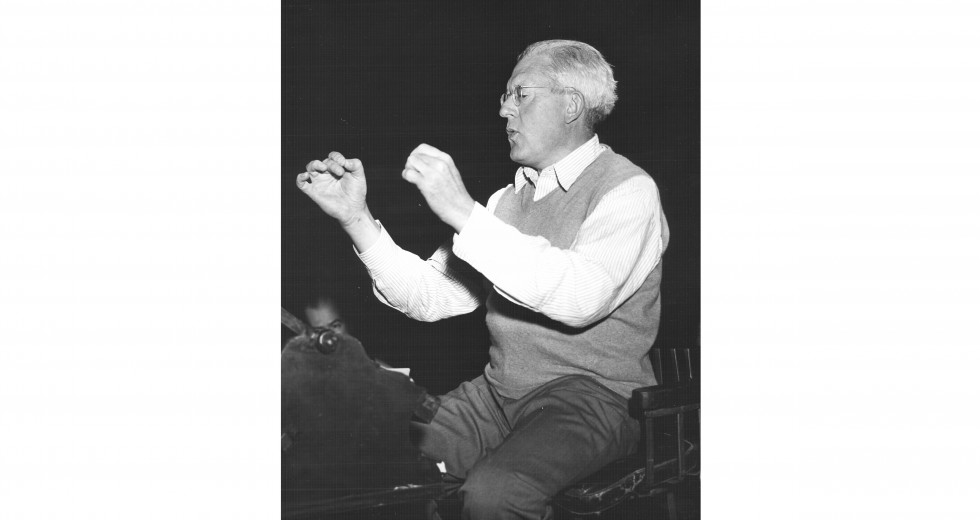
Kirsten Flagstad‘s performance as Wagner’s Isolde on November 16, 1947—her first operatic appearance in the United States since the end of World War II—was an extraordinary event, led by Artur Rodzinski in his first season as the Chicago Symphony Orchestra’s fourth music director. Claudia Cassidy of the Chicago Tribune praised all aspects of the production, calling it “the dawn of a new operatic day in Chicago.”
Cassidy continued: “Who says the great days of opera are gone? None who sat transfixed in the Civic Opera house yesterday and hovered between tears and cheers as the just tribute to the blazing incandescence of a magnificent Tristan and Isolde presented by Artur Rodzinski as his first and unforgettable contribution to the pension fund of the Chicago Symphony Orchestra, of which he is now the mesmeric leader.” And it was Flagstad whose Liebestod “tore the heart to tatters.” For the soprano’s bow at the end of the performance, she was greeted as “tears and cheers came out together in a half-choked roar that seemed to shake the huge house before it fell at her feet in tribute. . . . Never before in my life had I heard such an Isolde, and I am rich in its memory, should I be so luckless as never to hear it again.”
Despite the success of that performance—in addition to concert performances of Strauss’s Elektra at Orchestra Hall on December 11 and 13, 1947—the cost of producing opera was too much of a sacrifice to the traditional concert schedule. Conflicts between Rodzinski and management quickly developed, and his contract was not renewed for the following season.
This article also appears here.
